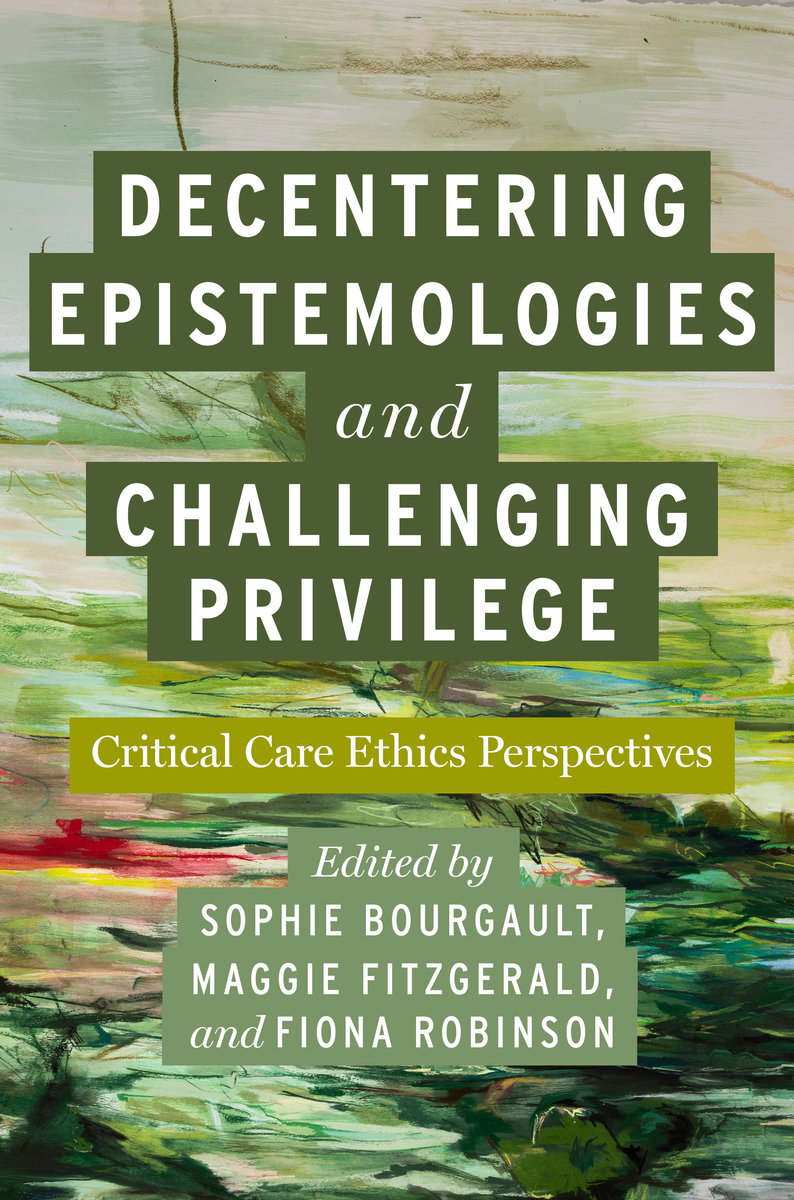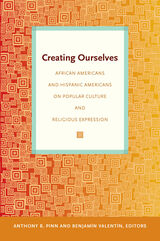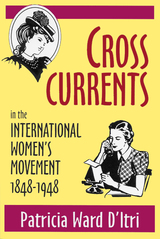Decentering Epistemologies and Challenging Privilege: Critical Care Ethics Perspectives
Rutgers University Press, 2024
Cloth: 978-1-9788-3503-0 | Paper: 978-1-9788-3502-3 | eISBN: 978-1-9788-3506-1
See other books on: Disease & Health Issues | Ethics | Feminism & Feminist Theory | Robinson, Fiona | Social Classes & Economic Disparity
See other titles from Rutgers University Press
Cloth: 978-1-9788-3503-0 | Paper: 978-1-9788-3502-3 | eISBN: 978-1-9788-3506-1
ABOUT THIS BOOK | AUTHOR BIOGRAPHY
ABOUT THIS BOOK
Care ethics first emerged as an attempt to decenter ethics; feminist scholars like Carol Gilligan argued that women’s moral experiences were not reflected in the dominant, masculinist approaches to ethics, which were centered on a rational, disembodied, atomistic moral subject. Care ethics challenged this model by positing ethics as relational, contextualized, embodied, and realized through practices rather than principles. Over the past decades, many care ethics scholars have sought to further this project by considering care politically and epistemologically, in relation to various intersecting hierarchies of power and knowledge.
This book advances this project by discussing the ways care ethics contributes to the de-centering of dominant epistemologies and to the challenging of privilege, and by considering how to decenter care ethics itself via an encounter with non-Western philosophical traditions and alternative epistemologies. Written by scholars from different countries, disciplines, and intellectual traditions, the volume offers original care ethics contributions on epistemic injustice, privileged irresponsibility, ecofeminism, settler colonialism, social movements such as BLM, and on various racialized and gendered inequities tied to care work.
This book advances this project by discussing the ways care ethics contributes to the de-centering of dominant epistemologies and to the challenging of privilege, and by considering how to decenter care ethics itself via an encounter with non-Western philosophical traditions and alternative epistemologies. Written by scholars from different countries, disciplines, and intellectual traditions, the volume offers original care ethics contributions on epistemic injustice, privileged irresponsibility, ecofeminism, settler colonialism, social movements such as BLM, and on various racialized and gendered inequities tied to care work.
See other books on: Disease & Health Issues | Ethics | Feminism & Feminist Theory | Robinson, Fiona | Social Classes & Economic Disparity
See other titles from Rutgers University Press












